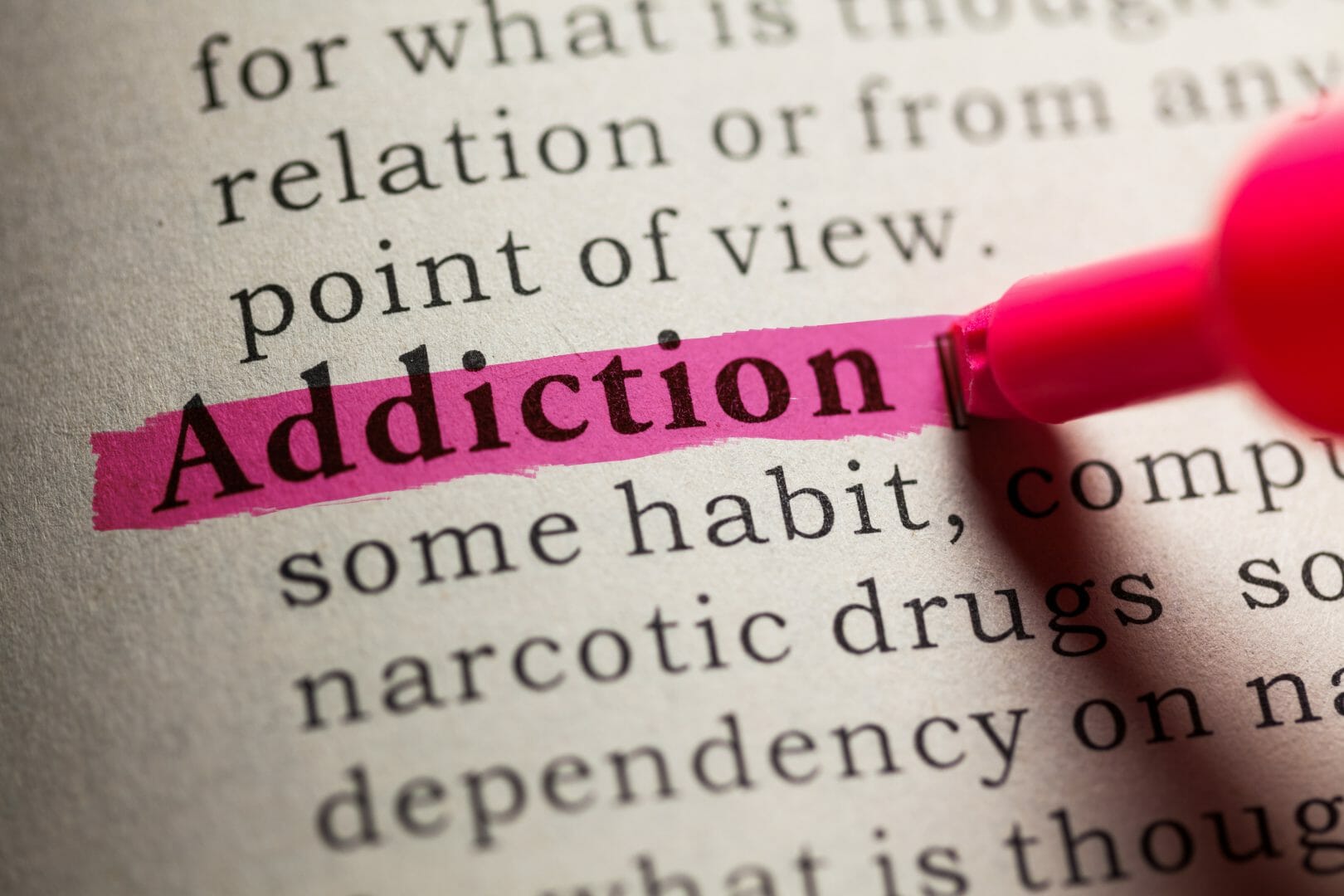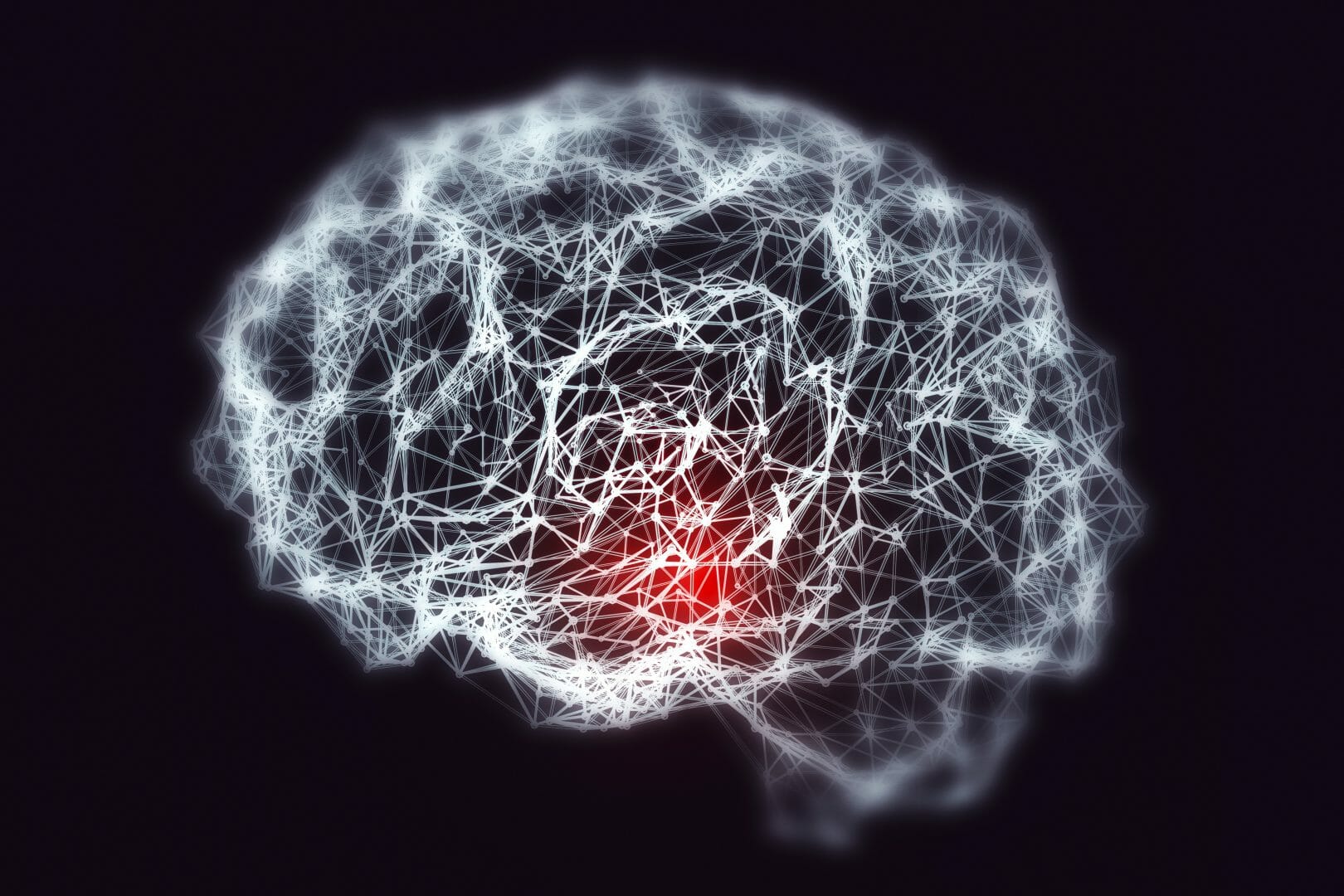The Disease Model of Addiction Explained
Addiction is a disease related to the brain. It is recognised as a chronic disease that must be treated, managed and monitored over a person’s lifetime. Addiction involves changes in the functioning of the brain and body. The disease theory of addiction defines addiction as a compulsive disorder that occurs due to chemical changes in the brain, which is induced by regular abuse of drugs and or alcohol rather than a conscious decision.
Call our admissions line 24 hours a day to get help.
The Disease Model of Addiction and Defining Addiction

The Disease Model of Addiction: History and Explanation
The traditional medical model of disease only requires the presence of an abnormal condition that induces distress, discomfort, or dysfunction to the affected person. However, the contemporary medical model states that addiction occurs due to changes in the mesolimbic pathway in the brain. It also addresses the fact that such disease may be influenced by other sociological, psychological or biological factors, even though the mechanisms of these factors are not completely understood. Using the contemporary medical model, addiction was categorised as a disease.
What Are the Sources of Addiction in the Disease Model?
The disease model of addiction describes an addiction as a disease with environmental, genetic, neurological, and biological sources of origin.
Biological Sources of Addiction
This suggests that a person’s unique physiology can contribute to addiction. Some people may enjoy a substance so much that it becomes difficult to quit, whereas another person would not experience such difficulty because they do not experience similar enjoyment from it.
Neurological Sources of Addiction
Advances in neuroscience have provided a lot of support for the brain disease model of addiction. It has shown that people have varying levels of abilities and brain function to control impulsive urges with rational thought.
Genetic Sources of Addiction
Genetic factors can influence the severity of substance abuse. Approximately 50% of an individual’s likelihood to develop an addiction can be connected to genetic factors. Because of their genetic make-up, some people are more prone to the disease than others.
Environmental sources
Environmental factors also contribute to the development of substance use disorder. High levels of stress, childhood trauma, peer pressure and low parental involvement can all influence an individual to experiment with addictive substances. Studies show that early use of alcohol and/or drugs increases the chances of developing an addiction later in life.
Classifying addiction as a brain disease
Most of the activities surrounding addiction takes place in the brain and affects it directly.
Drug abuse induces changes in the brain’s structure and the way it functions. Over time, these changes, which are caused by the repeated abuse of a substance, affect the user’s self-control and decision-making ability, whilst simultaneously sending impulses to take more of the drug.

Continuous exposure to a substance desensitises the reward pathways in the brain, thereby affecting the way the brain feels motivation and pleasure. The intensity and strength of conditioned responses are increased by the presence of the substance, which further leads to cravings as well as negative feelings when the substance is not taken.
Upon cessation of drug use, there are emotional-motivational withdrawal symptoms. The brain region responsible for decision making, executive functioning, self-regulation and impulse control is weakened, thereby increasing the relapse potential of the user.
How Substance Use Physically Changes the Brain
Alcohol or drug abuse causes physical changes in the brain by creating long-lasting impairments to key functions and regions. These changes are responsible for establishing the brain disorder that makes substance abuse difficult to discontinue.
Drugs and alcohol bind to the receptor cells in the brain, leading to a release of certain neurotransmitters such as serotonin and dopamine, which in turn gives rise to an all-round feeling of relaxation, euphoria, and pleasure. Once these substances enter the brain, the brain is less likely to produce its own. Because of this, the brain reduces its production of dopamine, serotonin and other neurochemicals, as they are being released unnaturally due to substance use.
This affects the receptors and the brain’s risk/reward system, and the excess neurochemicals produced leads to tolerance and dependence and subsequent physical or psychological addiction to the substance. These processes change the physiology of the brain and it takes a significant amount of work to get it back to its normal state.
Signs of an Addiction
- Alcohol or drug cravings
- Tolerance
- Emergence of withdrawal symptoms when the use of the substance is reduced or discontinued
- Failed attempts to quit the substance abuse
- Substance abuse interfering with obligations
- Withdrawal from activities previously enjoyed because of substance abuse
- Repetitive use of substance despite negative physical or social consequences
- Spending excessive amounts of time and resourcing in obtaining and using the substance
Treatment under the Disease Model of Addiction
The disease model of addiction recognises that adequate treatment is possible. The treatment programme largely depends on your exact needs and goals. Rehab facilities offer two types of programmes: outpatient and inpatient treatments. In inpatient treatment, patients live at the rehab centre full-time ranging from a few weeks to a few months. In outpatient treatment, patients commute from their homes or sober living houses.

Finding Reliable Rehabilitation Centres
The majority of people find relief and support in residential treatment centres. They provide immediate support and quality aftercare to ensure excellent results. To find a reliable centre, ensure they are accredited and have all the tools designed to address your addiction.
Research into the Disease Model of Addiction
Addiction is a disease affecting the incentive circuitry in the brain as related to motivation and pleasure, creating changes in behaviour, emotions and cognition. The debate over whether addiction is a disease or a behavioural problem has led to much research and garnered many criticisms both for and against it. Research on the neurological basis of addiction has proven that some people may have traits that make them more prone to addiction. This research has helped scientists understand what parts of the brain are involved in addiction, and what functions they perform among healthy individuals.
Controversy about the Disease Model of Addiction
Call our admissions line 24 hours a day to get help.
No matter where you live, there is a drug rehab center that can help you overcome your addiction. We'll help you find it.
Select a County



